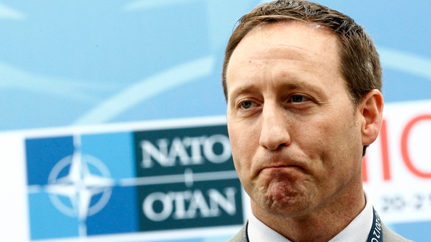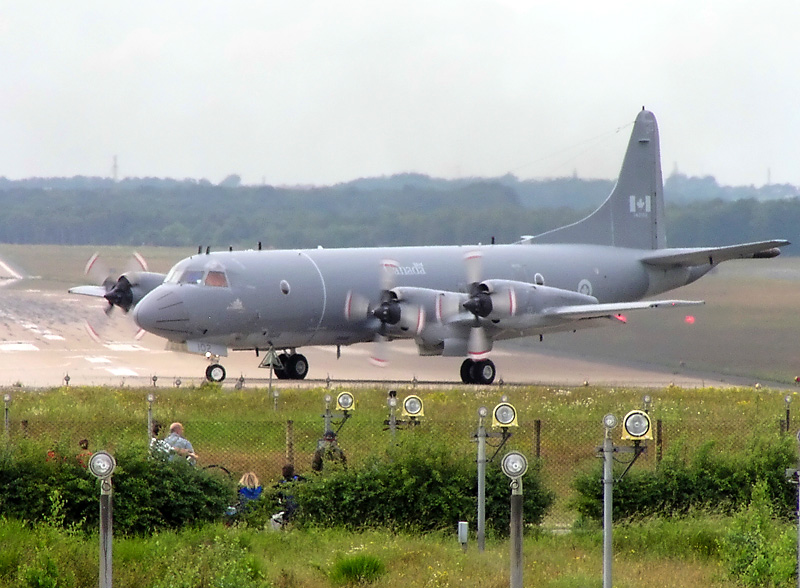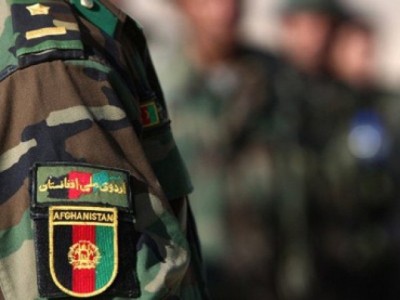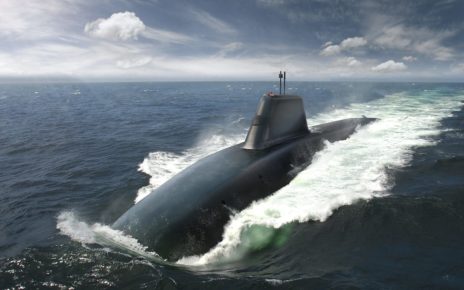One year after the 2012 Chicago Summit and the Summit Declaration on Defence Capabilities, which looks forward to NATO Forces in 2020, Canadian Defence Minister Peter MacKay has indicated, in the aftermath of the NATO Defence Ministerial meeting, that “NATO continues to make progress on its transformation and capabilities agendas in spite of a challenging fiscal environment across much of the Alliance.” These transformations and capabilities agendas include retaining collective defence, crisis management, and cooperative security capabilities in spite of the 2009 financial crisis that has handicapped Europe, the United States, and Canada. This agenda also ensures that the Alliance remains strong through cooperation and mutual assistance and support. Although the NATO Defence Ministers continue to project confidence in the Alliance’s successes in promoting this transformation, there are several indicators that the transformation to twenty-first century global crisis management has not been smooth, particularly from a Canadian perspective.
NATO’s Current Operations and Capabilities
NATO’s most pressing commitments are in the Middle East. The International Security Assistance Force (ISAF), NATO’s Afghanistan Task Force, as well as the operations over Libya are indicative of NATO’s twenty-first century role as the teeth of the United Nations. Although Foreign Affairs has deemed NATO’s Libya operation in particular to be successful, it is telling that the commitment level by Alliance members has been scant. only 15 of 28 NATO countries supported operations in Libya (Operation Unified Protector) and only 10 countries have more than 700 troops in Afghanistan as part of ISAF. This lack of serious commitment to NATO operations is certainly a hindrance to the Alliance’s ability to act cooperatively and provide mutual assistance in situations where Alliance members are at risk.
[captionpix align=”left” theme=”elegant” width=”300″ imgsrc=”http://www.sunnewsnetwork.ca/archives/sunnews/world/media/2012/05/20120521-073932-g.jpg” captiontext=” “]
This apparent lack of serious commitment is most evident in Turkey’s invocation of Article IV on 2 October 2012, after an escalation of violence in Syria’s civil war killed five Turkish civilians, indicating a spread of civil unrest and sectarian violence that has also affected Lebanon. While the Alliance has condemned this mortar shelling, as well as other Syrian attacks, and placed patriot missiles in Turkey, the concrete lack of support for Turkey as violence has escalated yet again in Syria in recent weeks, as well as news released 5 June 2013 that NATO nations are “making individual decisions on how best to aid the rebels trying to overthrow President Bashar Assad’s regime.”
Canada and NATO Moving Forward
Of the 15 countries that committed to Operation Unified Protector, Canada was among the seven most heavily involved countries, committing approximately 560 personnel and flying 358 sorties. In Afghanistan, Canada was among the lead nations to join the US-led invasion, and has heavily supported Operation Enduring Freedom in the 11 years since its inception in October 2002. As a major supporter of all NATO operations, Canada has made significant financial and personnel investments in the development and maintenance of peace and security abroad. As J.L. Granatstein noted in March 2013, however, NATO does not necessarily offer these same protections to Canada. It is becoming increasingly apparent that Canada’s role in NATO and foreign policy priorities are aligning with the US, the UK, and the rest of the Anglosphere. The divergence of foreign policy objectives within Europe has weakened the sense of unified purpose within the Alliance. This has resulted in a series of ad hoc coalitions for military action, all of which minimally benefit the Alliance as a whole.
This is not to say that NATO does not still serve an important role in Canadian foreign policy, or that Canada should abandon NATO. Instead, it is necessary for NATO, as a whole, to move toward building a more cooperative and complimentary alliance that would actively promote collective action rather than individual action in the name of collective security, and work toward creating a functioning reality of collective security. For Canada, NATO’s most important role is the protection of global security, ensuring the feasibility of trade networks and economic co-dependence. As the international economy becomes increasingly globalized, the active protection of international markets through collective security is necessary. As a result, it is an important and feasible role for NATO, in addition to the organization’s humanitarian efforts. In this, Canada can, and must, take a leadership role.
[captionpix align=”left” theme=”elegant” width=”300″ imgsrc=”http://nationalpostnews.files.wordpress.com/2011/12/mackay-nato.jpg?w=620 ” captiontext=” “]
Historically, Canada has been effective in developing and implementing progressive ideas in the name of collective security and global peace, including Lester B. Pearson’s establishment of the first peacekeeping mission in Suez in 1956. Canada is known throughout the global community for this achievement, even 57 years later. It is now time for Canada to again contribute to the development of a reformed NATO that is capable of achieving its outlined objectives as well as maintaining an effective, collaborative membership.
In conclusion, NATO has had numerous successes and accomplishments in the first decade of the twenty-first century, but there is much upon which to improve. A concerted effort by member nations would greatly affect the feasibility of NATO operations and also provide NATO with increased global credibility going forward. There are many who question whether or not NATO will continue to be effective, and the 4-5 June 2013 NATO Defence Ministerial has contributed to its development as a political and mutual defence organization.




